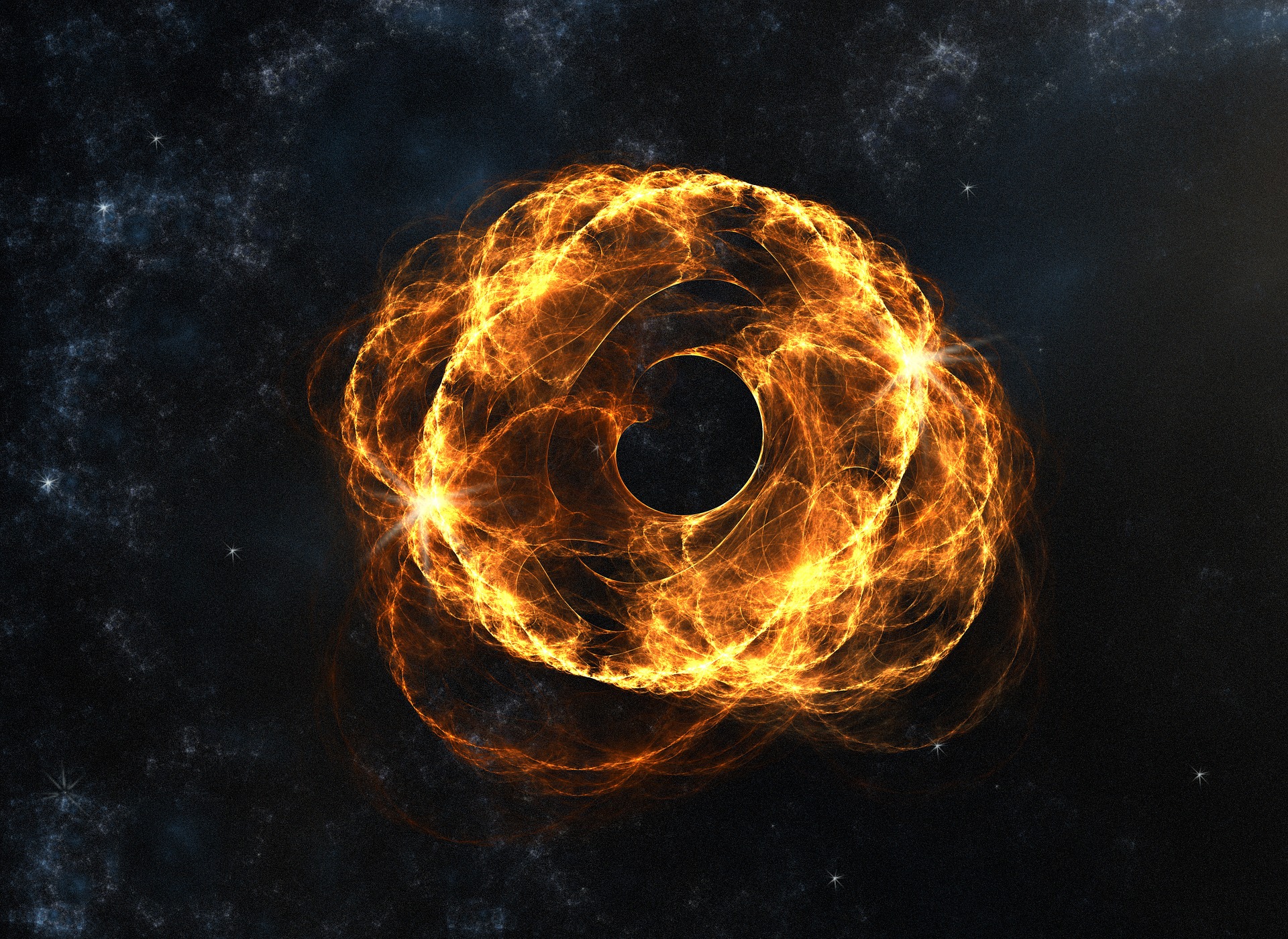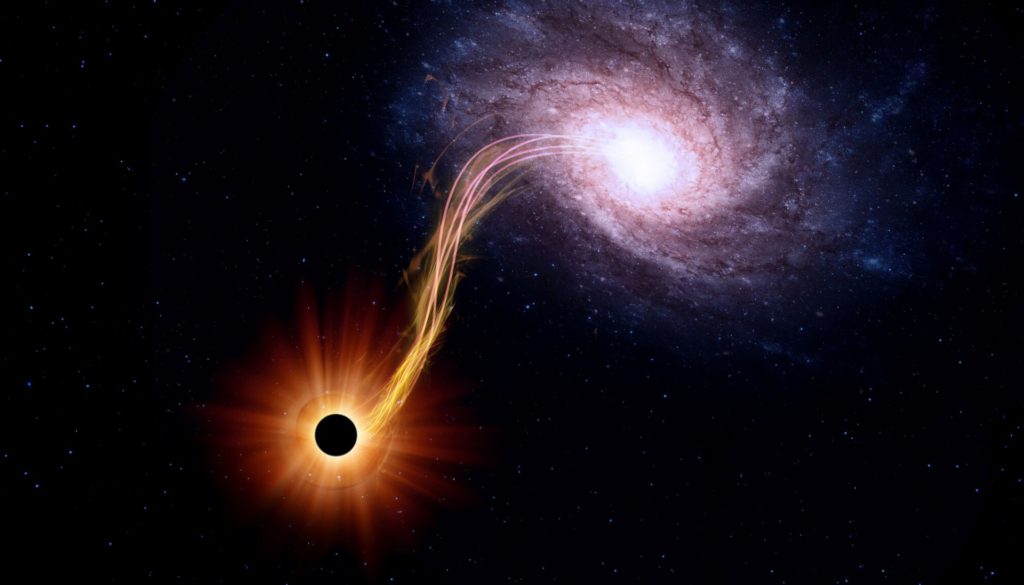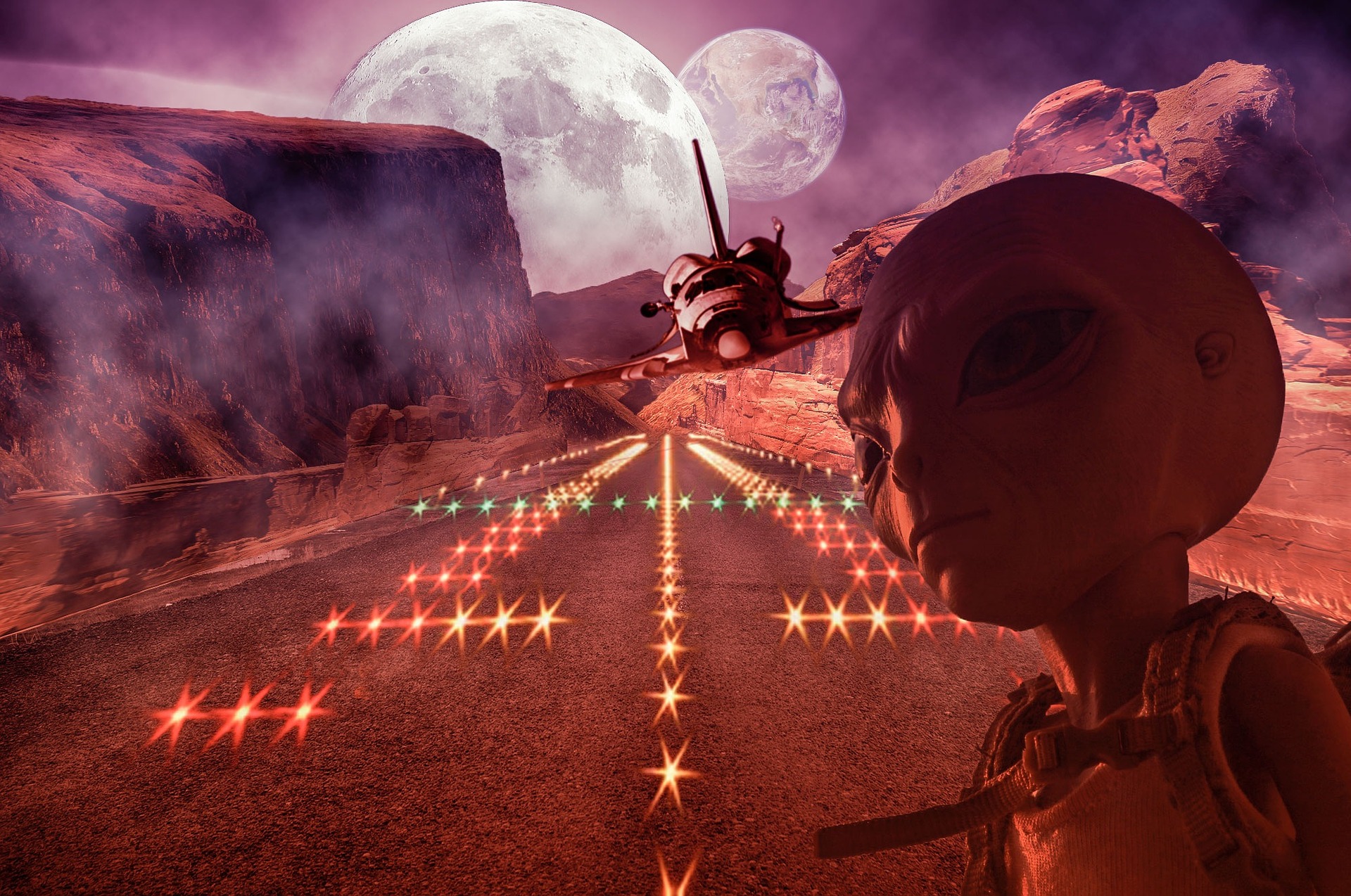Death of Space Time

Can you imagine a universe in which time and space do not exist? Neither can we. It is fair to say that for most of human existence, we have considered both time and space to be fundamental aspects of reality. Einstein’s theory of relativity changed everything, proving that the two dimensions were actually two different aspects of the same thing: spacetime. But a new theory called quantum loop gravity could finally solve one of humanity’s oldest mysteries: how did spacetime evolve from a chaotic soup to a smoothly flowing fabric? In this post, we explore about the death of space time and whether this new theory has what it takes to answer one of the science’s longest-standing puzzles.
The Death of Space Time

Well, this might sound like a crazy idea: could spacetime go out of existence? As surprising as it may seem, the answer to this question is “yes.” The reason why there takes place the death of spacetime is best illustrated by a hypothetical situation. Consider an empty universe with nothing going on. Nothing is happening. No stars are being born, no stars are dying – there are no planets and no asteroids, just empty space and time.
The death of spacetime is the ultimate demise of time.
But our empty universe is not static. It is expanding, and when we say “the universe is expanding,” it really means that space itself is stretching, and with it time. In an empty universe where there are no stars or galaxies to move around, the only thing that can stretch is time itself. You might think time doesn’t have a physical dimension; it’s just something we measure with clocks and watches. But if we look at the equations of general relativity, as Einstein discovered a century ago, we find that, in fact, time gets stretched along with the space it inhabits. So, even in this empty universe, both space and time are stretching at the same rate. Such a physical quality of both the space and the time somehow ensures their physical transformation–death.
(The fact that space and time both expand depends on the cosmological constant; see for more details.)
The stretching of time is equivalent to the expansion of space, and the result is that time gets further away from you, faster. In other words, in an empty universe, we could say that time has a separate physical dimension from space. Scientists call the “slowing down” of time “relativity.” From Earth, it is clear that this limited-duration relativity turns out to be a good thing: a moving clock ticks more slowly than a stationary clock; as we go faster (or get closer to the speed of light) we gain less relative velocity.
What happens after space dies?
This slowing down of time is just the beginning. The ultimate end of time comes in the form of black holes – those incredibly dense objects that suck everything in, even light, and never let it go. Is the condition of being a black hole the death of space and time? Not quite. Because even a black hole has some internal structure that can be quantified and analyzed. Even though we can’t see it, we know that a black hole is made up of matter and energy – its gravitational pull draws in anything with mass, and as it gets bigger it sucks more stuff in. Science tells us that a black hole has two parts: an extremely compact core called the singularity; plus a boundary surface called the event horizon.
In fact, the boundary of a black hole is far more interesting than the singularity inside. The surface of a black hole represents the end of time, and that’s precisely what we mean by the Death of Space Time.
Does this mean that nothing can escape from a black hole? Not at all. If you fall into a black hole, you’ll still experience an infinite number of possible future events as you’re ripped apart by the gravitational pull and plunge into the singularity. But from an observer outside the black hole, your future has been “obliterated” – it simply doesn’t exist. Even though it’s not possible to escape from a black hole, from the standpoint of an outside observer, you could never reach the point of no return. In other words, if you fell into a black hole, your future would be frozen forever.
The death of spacetime is the ultimate demise of time. It is something that lies far beyond our capacity to imagine – but at the same time it is right at our fingertips.
Indeed, in your own life there are moments when you experience the death of space time: when you go over a speed bump in your car, or dance to fast music as your body “drops out” and your mind briefly stops thinking. Think also of a deep meditation – even though your brain may be completely submerged in darkness, your body is “drifting” in space and time. This is what Einstein meant when he said that time is like a river that carries you away to the future, but never empties you out.
Auto Amazon Links: No products found.


